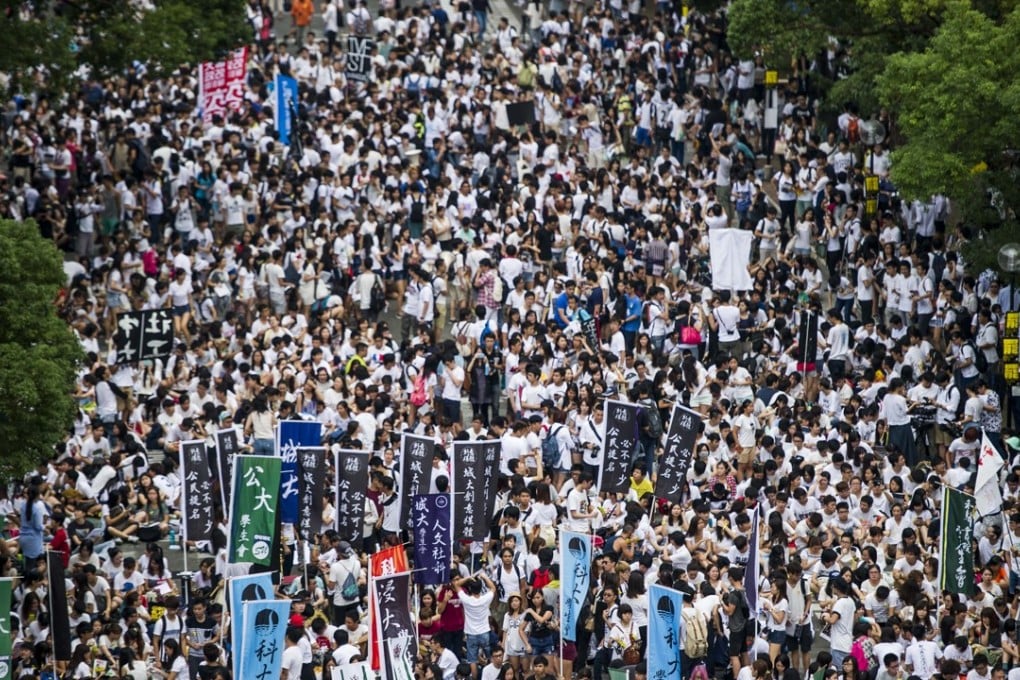Universities are places for education, not political protests that ultimately fail to change anything
Anson Au says the university’s primary role is the delivery of education. While free speech is an integral part of learning, it should not hinder the provision of education itself

Pro-democracy camps have leveraged these cases to suggest a broader oppression from the mainland, whereas pro-Beijing groups have responded by blaming them on a larger youth culture set on breaking the law. But a fundamental part of the picture has been overlooked: what is the purpose of the university itself? To what extent is it a place for free speech?
Yes to free speech, no to free-for-all on university campuses
My years of conducting research, teaching and studying at universities around the world, including Harvard, the London School of Economics, University of Toronto and Baptist University, show that there’s a need for free speech in the university – but with boundaries.
How Hong Kong’s Occupy protests kicked off
Free speech must be granted for ideas. Since Plato’s academy in ancient Athens, the university has been rightfully seen as a place for the free exchange of ideas without repercussions. After all, only the freedom to express can nurture the creativity to think, innovate and improve.